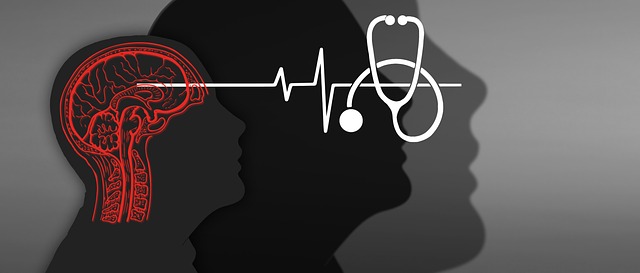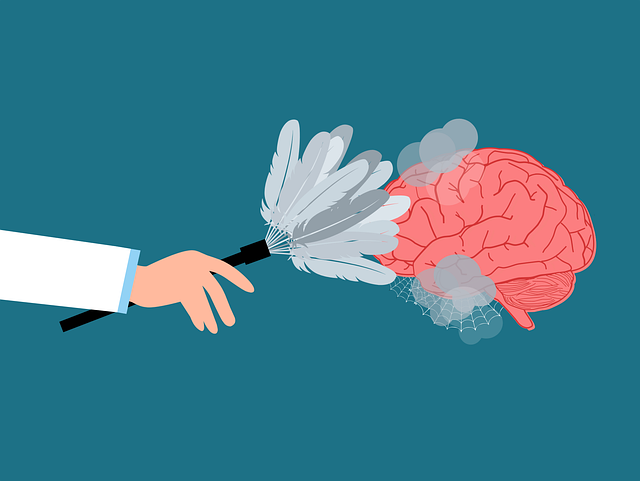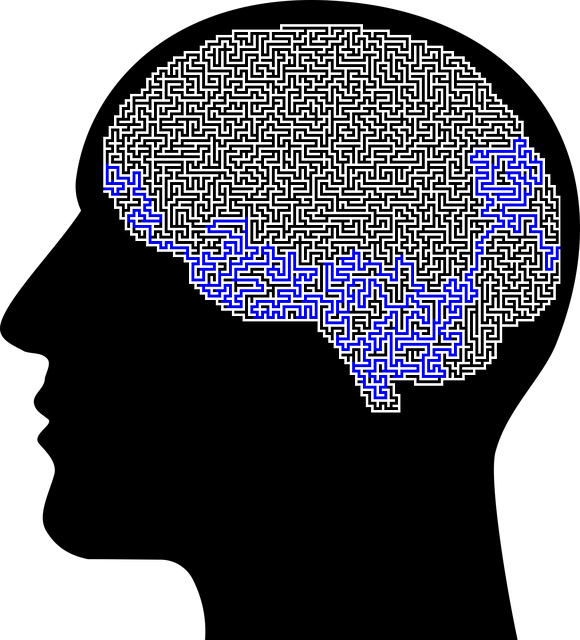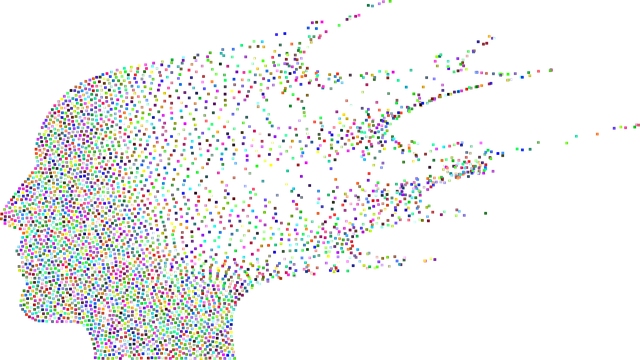Mental health policies significantly influence a nation's approach to adolescents' emotional well-being. By critically examining these policies, advocates can enhance access to therapy and psychological testing, crucial tools for addressing teen mental health issues. This process empowers them to propose strategic solutions like improved trauma support and integrated well-being programs in education and healthcare. A holistic approach ensures personalized care tailored to adolescents' unique emotional development, reducing stigma and fostering healthier environments. Psychological testing is key to early intervention, identifying disorders, and providing targeted support for parents, educators, and healthcare providers. Policy analysis and advocacy expand access to quality care, including age-specific testing during check-ups and promoting self-care for healthcare professionals, ultimately optimizing therapy for adolescent teens.
Mental health policy analysis and advocacy are essential components of fostering comprehensive youth well-being. This article explores critical areas that shape mental healthcare, including understanding mental health policy as a cornerstone for positive change. We delve into the unique needs of therapy for adolescent teens and its profound impact on their development. Furthermore, we examine psychological testing as a tool to assess and improve youth mental health outcomes. By analyzing effective strategies, stakeholders can navigate policies, advocate for better care, and ultimately revolutionize mental healthcare access.
- Understanding Mental Health Policy: A Foundation for Advocacy
- The Significance of Therapy for Adolescent Teens
- Psychological Testing: Tools and Impact on Youth Mental Health
- Effective Strategies for Policy Analysis and Advocacy in Mental Health Care
Understanding Mental Health Policy: A Foundation for Advocacy

Mental health policy forms the backbone of a nation’s approach to understanding, addressing, and advocating for the emotional well-being of its citizens. When it comes to advocacy, a deep comprehension of existing policies is pivotal. This knowledge allows advocates to identify gaps, loopholes, or areas in need of enhancement, especially when focusing on vulnerable populations like adolescent teens. By examining these policies, we can uncover aspects such as access to therapy for teens, the implementation of psychological testing, and the availability of resources for risk assessment, all of which are crucial elements in mental health care.
Furthermore, understanding policy dynamics enables advocates to propose effective solutions, including recommendations for improving trauma support services and integrating emotional well-being promotion techniques into educational and healthcare settings. It’s through this strategic approach that we can drive meaningful change, ensuring a healthier and more supportive environment for all individuals, particularly adolescents navigating their psychological development.
The Significance of Therapy for Adolescent Teens

Therapy plays a pivotal role in supporting the emotional well-being promotion techniques for adolescent teens. During their formative years, young individuals often grapple with a myriad of challenges, including peer pressure, academic stress, and identity formation issues. These experiences can significantly impact their mental health, potentially leading to the development of mental illnesses if left unaddressed. Professional therapy serves as a safe space where adolescents can explore these concerns, learn emotional regulation skills, and uncover coping mechanisms tailored to their unique needs.
Psychological testing is an integral component of this process, providing insights into an individual’s thought patterns, behaviors, and emotional responses. Such assessments help therapists identify specific areas of concern, whether it’s anxiety, depression, or other mental health disorders. By incorporating these findings into therapy sessions, professionals can design targeted interventions aimed at stigma reduction efforts, fostering a supportive environment that encourages open discussions about mental illness. This holistic approach ensures adolescents receive comprehensive care tailored to their evolving emotional landscapes.
Psychological Testing: Tools and Impact on Youth Mental Health

Psychological testing plays a pivotal role in understanding and addressing youth mental health issues. These evaluative tools are designed to assess cognitive, emotional, and behavioral aspects crucial for adolescent development. By employing evidence-based tests, professionals gain insights into potential mental health disorders such as anxiety, depression, or learning difficulties. Early identification through psychological testing enables timely intervention, which is particularly critical during the teen years when individuals navigate significant life transitions and challenges.
The impact of psychological testing extends beyond diagnosis. It equips parents, educators, and healthcare providers with data to tailor support strategies for each young person. Therapy for adolescent teens often incorporates self-care practices and self-awareness exercises based on test results, fostering resilience and promoting mental health awareness. This personalized approach ensures that the unique needs of every teen are addressed, paving the way for improved outcomes and enhanced well-being in both the short and long term.
Effective Strategies for Policy Analysis and Advocacy in Mental Health Care

Mental health policy analysis and advocacy are crucial steps in improving access to quality care, especially for vulnerable populations like adolescent teens. Effective strategies involve a multi-faceted approach, including comprehensive psychological testing tailored to age groups, which aids in early detection and intervention. By integrating these tests into routine check-ups, healthcare providers can identify mental health issues before they escalate, thereby enhancing the efficacy of therapy for adolescent teens.
Moreover, advocating for burnout prevention strategies among healthcare professionals is essential, as it directly impacts the quality of care provided. Encouraging self-care routines and conflict resolution techniques within medical settings not only reduces professional burnout but also fosters a healthier work environment conducive to optimal mental health outcomes. This holistic approach ensures that both patients and providers benefit from enhanced policy interventions in mental health care.
Mental health policy analysis and advocacy are pivotal in ensuring accessible, effective, and evidence-based mental health care for all. By understanding the foundational concepts of mental health policy, recognizing the critical role of therapy in adolescent teen development, and leveraging psychological testing as a tool, we can drive meaningful change. These strategies collectively empower us to navigate the complexities of mental health systems, advocate for policy reforms, and ultimately improve outcomes for youth struggling with their mental health.














